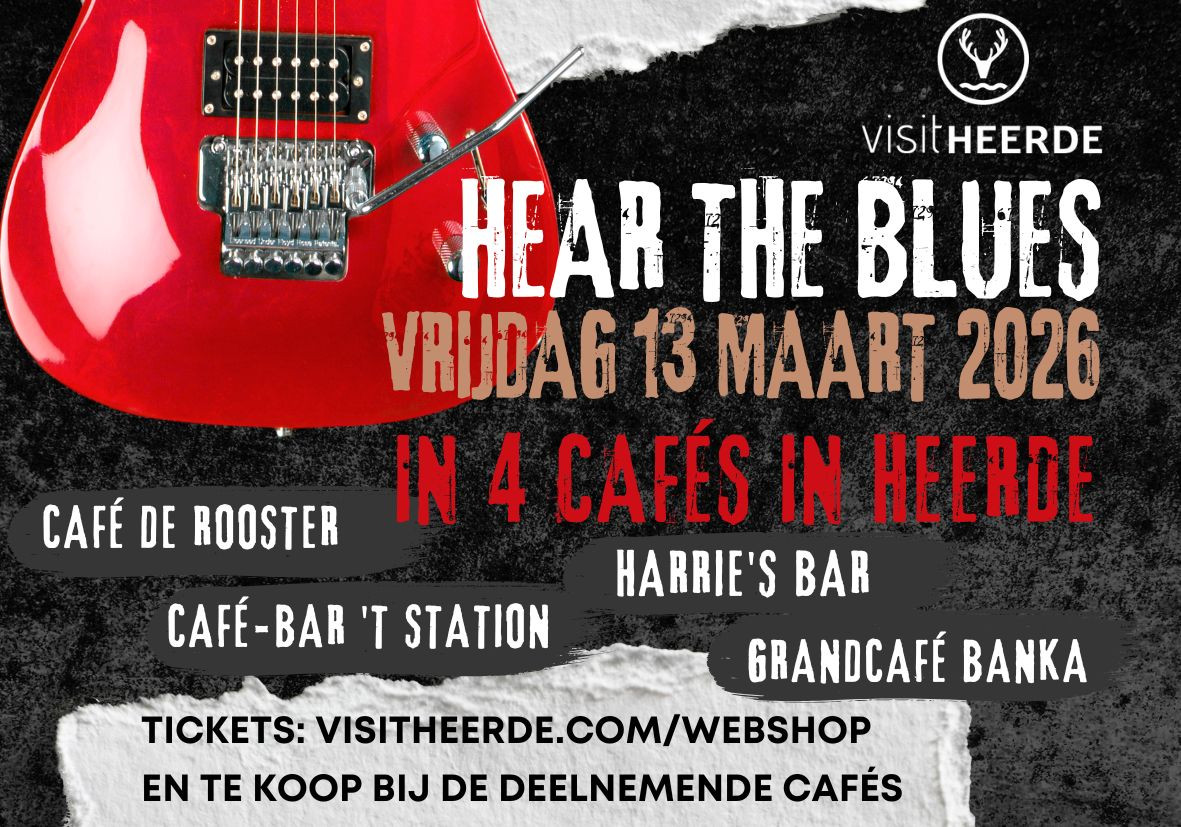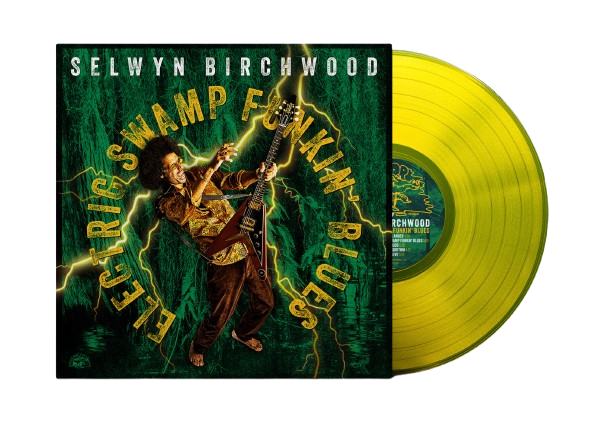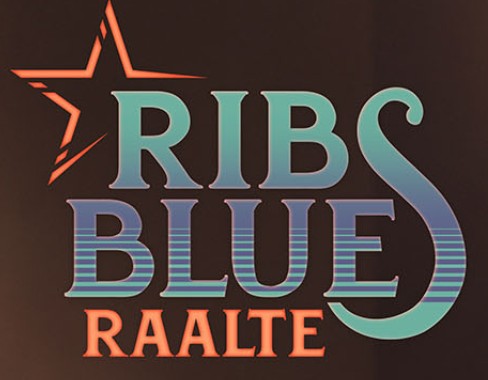
 Op 18 mei verschijnt het nieuwe album Tell Me How You Really Feel van Courtney Barnett via Kobalt Music / V2 Records.
Op 18 mei verschijnt het nieuwe album Tell Me How You Really Feel van Courtney Barnett via Kobalt Music / V2 Records. Op Tell Me How You Really Feel laat Courtney Barnett een opwindende en onverwachte nieuwe kant van zichzelf zien. Van de albumtitel (is het een vraag? een gebod?) tot de boeiende cover - een bloedrood zelfportret in een ongemakkelijke extreme close-up - slaat ze een andere toon aan. Dit album kent een nieuwgevonden directheid, een volwassenheid in het instrumentarium, een tederheid in haar stem en stoutmoedigheid in de teksten. Courtney Barnett is duidelijk een nieuwe fase in haar muzikale ontwikkeling ingegaan. Ze zegt meer met minder. Waar ze voorheen de wereld beschouwde door het prisma van zelfanalyse heeft ze de focus op Tell Me How You Really Feel verlegt naar degene met wie ze een wisselwerking heeft. De goeden, de slechten, de geliefden. Degene die ze kent en degene die vreemden voor haar zijn.
For more information: www.v2benelux.com |
https://courtneybarnett.com.au/tour/
Bio
Courtney Barnett
Tell Me How You Really Feel Album Biography
Written by Brodie Lancaster
“Take your broken heart, turn it into art.” This urgent and empathetic encouragement – attributed to the late Carrie Fisher – appears in the opening moments of ‘Hopefulessness’, the first track on Courtney Barnett’s second record, Tell Me How You Really Feel.
Not unlike Nora Ephron’s reminder to writers that “everything is copy” – that every experience, emotion, betrayal and weird feeling they can’t quite grab hold of has the potential to become material in their work someday – this mantra forms a kind of mission statement for Barnett’s thrilling new record: take your vulnerabilities and everything that scares you, and twist them until they fit into someone else’s hands.
It’s something Barnett wasn’t even aware she’d been practicing, in small ways, her whole life, until she embarked on an eight-week community course in Qigong, a method of slow breathing and relaxation that forms the foundation for Chinese martial arts. “I remembered this thing I did as a young kid,” she recalls “I would try to breathe in all the pain of the world, feel it in my body, and then breathe it all back out as peaceful and clean energy.”
The micro-observations that became her trademark on 2015’s Sometimes I Sit and Think, and Sometimes I Just Sit – the way she drew deep revelations about love and humanity and mortality from gazing at lawns and walls and swimmers and kitchen ornaments – make a brief reappearance in the track ‘Help Your Self’, which is named for the reassuring sign she noticed taped to a stack of pamphlets at the Tai Chi school in the inner-north of Melbourne, near her home. “A perfectly sly double entente,” Barnett smiles.
More commonly, though, her writing on this record is focused on the internal. Barnett has turned her gaze inward to study how the world and the people in it are affecting her. Listening to Tell Me How You Really Feel, it’s easy to imagine Barnett figuring out, song by song, how to orient herself and remain steady in a place that’s rapidly shifting around her.
She began writing this record in 2016, shortly after wrapping up the final shows on the Sometimes I Sit tour in South America, and headed to The Grove Studios, on the New South Wales central coast to record the songs she’d been writing on a piano, alone. “I didn’t really feel majorly confident about it. I was just turning up, sitting at the desk, face to face with my own small fears, keeping on keeping on. I ended up fleshing out whole songs with drums and bass and keys and just me hacking away at every instrument. Just me and [producer] Burke Reid amongst the gum trees, it was fun.”
When Barnett and Kurt Vile – with whom she released the record Lotta Sea Lice in 2017 – began exchanging the lyrics that would become the first single, 'Over Everything', it became clear that he had picked up on the difficulties she was having in getting her new solo material over the line. Referring to the lyric, "When I’m struggling with my songs I do the same thing too / And then I crunch em up in headphones cause why wouldn’t you?" she says, “I’m still not sure if that line was kind of like a subconscious message from him to me, or from me to him. Or both. I think that project came at the right time because I just had no confidence. I’m sure that people appear in your life at a certain time for a reason.”
Rather than an inability to write, though, Barnett was dealing more with the pressure to collect all the things she wanted to say, and narrow them down into a logical package. “I didn’t want to just add another song to the stockpile of songs already in the world”, she says. “I was trying to write something that mattered to me and something that had purpose.” And while she is almost certainly too humble to say it out loud – and might even chastise herself for thinking it – working on music and knowing it will be heard, toured, reviewed, pored over and compared to her acclaimed first record only builds upon the implicit pressure to, as she put it, “not waste those precious words.”
Being a collaborator – both with Vile and with Jen Cloher, Barnett’s partner and in whose band she plays guitar – gave her much-needed distance and perspective on the work that was eating away at her. “It’s a totally different mindset and keeps my brain flexing. When playing with Jen my focus is painting dynamic texture around the edges and supporting the lyrics. It’s a constant and necessary reminder that everything comes back to serving the song.” With Vile, it was both having a kindred spirit to bounce off and the pressure of impending studio time with an intercontinental co-conspirator that forced her into action. “I was like, ‘I’m not ready, but I gotta be ready’. A great trick to beat the procrastination.”
Nine months earlier she’d put the recordings from The Grove on ice, but in the winter of 2017 she was ready to revisit the work that would eventually become her second record. To do it, she called upon a trusted group of collaborators: her band – Bones Sloane on bass, Dave Mudie on drums, Dan Luscombe juggling keys/synth/guitar as well as being fellow producer to Burke Reid. It was the exact same team that came together to record her debut three years earlier.
In fact, only two names on Tell Me How You Really Feel’s credits differ from those of its predecessor: The Breeders’ Kelley Deal, who provided vocals on ‘Crippling Self Doubt And A General Lack Of Confidence’, and her sister, Kim Deal, who sang and played ‘one guitar bit’ on that track, and offered backing vocals on lead single ‘Nameless, Faceless’. (On a trip to Ohio the previous year, Barnett had sung backing vocals on ‘Howl at the Summit’, from The Breeders’ new album, All Nerve.)
In this bold track, Barnett’s confidence in what she has to say and the awareness that people will be listening combine to paint a picture of the everyday reality of violence and intimidation women navigate in dealings with men. It’s one of the most explicitly political songs Barnett’s ever released and, like all the others, it comes across somehow catchy, dark, melodic and grungey all at the same time. Not to mention sounding completely effortless – despite how far from the truth that might be.
“My writing process is a long and slow game of articulation. This album has been my own personal introductory study into human behaviour and Psychology 101. How do you grab all those queries and opinions and tie them into one sensical song before it branches off into another rambling train of thought?”
Despite the internal struggles that inspired in her, Barnett’s songs about how it feels to exist in the world act like a symbolic flag in the sand on this record; they are sonic declarations of what she thinks and feels won’t tolerate. On ‘I’m Not Your Mother, I’m Not Your Bitch’, she growls and demands and curses, clearly exhausted with the expectation that she will “put up with so much shit”.
She’s already anticipating the way a track imbued with as much fire as that one will be projected upon and misread by listeners. “There’s a couple of different storylines in that song. It’s from my point of view, but it’s also directed at me. Male journalists have assumed it is about men – which is a fair Freudian assumption – but it’s not really so specific. But also… if you think a song is about you, then it probably is.”
Another track on Tell Me How You Really Feel is ‘City Looks Pretty’, a meditation on home and comfort that she began writing in her early twenties while reading Helen Garner’s seminal Melbourne novel, Monkey Grip. “I started the song, then like so many other songs, I shelved it and moved on.” Almost a decade ago, she was changing a dose of anti-depressants and would vacillate between not leaving her room and going for long walks, leaving her girlfriend wondering where she was. “I would have random conversational encounters with strangers that felt more intimate than my closest friendships did.”
This experience directly inspired the lines, “Friends treat you like a stranger and / Strangers treat you like their best friend, oh well”. Years later, after touring the world and earning accolades for her music, Barnett realised that the idea of a homecoming had changed significantly, but also barely at all. “Coming back to this same lyric of course now meant something else entirely. I’d come home from travelling and have this strange disconnect with the people I was supposed to be closest to.”
To overcome the weirdness, Barnett held tight to the things that felt right and real to create her new record: her home in Melbourne, a nearby studio, and a small group of reliable and familiar collaborators. “This album is about communication and disconnect. Hope and fear. It’s about relationships and friendships and community.” She’s been tinkering, exploring, and experimenting until she gets it all right. After taking everything in, now she’s ready to let all the good out.







